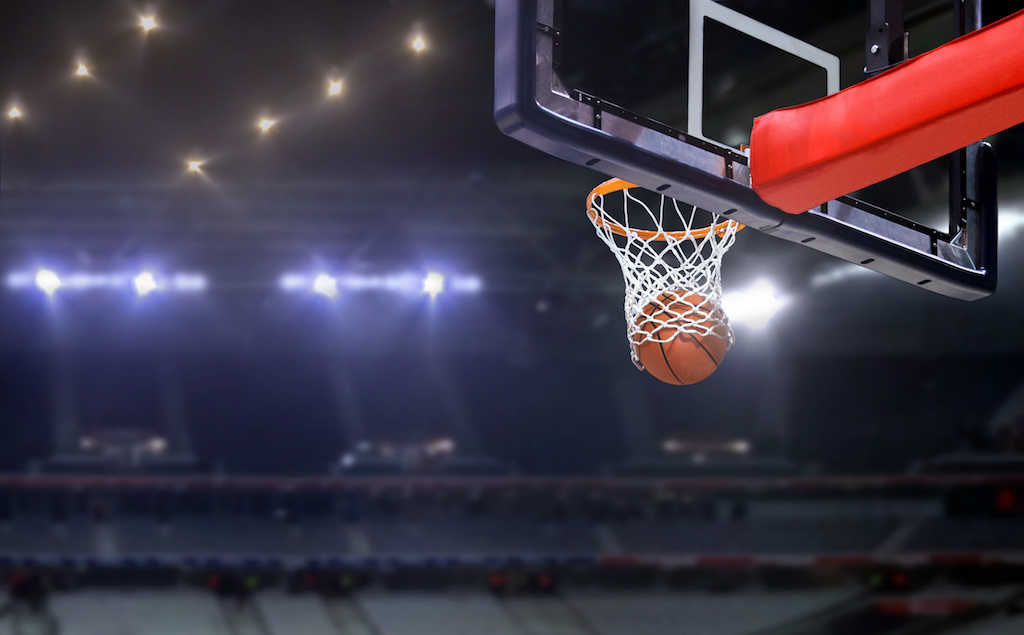The National Collegiate Athletic Association (NCAA) leadership and institutional members partnered with the Gallup organization to examine the long-term life outcomes of NCAA athletes post-graduation from college. Through the Gallup Alumni Survey, the largest national study of U.S. college graduates, responses from 4,889 student-athletes who graduated from college between 1975 and 2019 were compared to responses from non-athletes.
Highlights from the study include the following findings:
- Former NCAA student-athletes are more likely to be thriving in their purpose, social, community, and physical wellbeing, and their financial wellbeing is comparable to non-athletes. These patterns persist regardless of NCAA division, graduation year, gender, race, and ethnicity.
- NCAA student-athletes (39%) are more likely to earn an advanced degree than non-athlete peers (32%). This different is most pronounced among black graduates, with 49% of black student-athletes attaining an advanced degree versus 39% of black non-athletes.
- NCAA student-athletes edge out their non-athlete peers in their ability (33%) to have a good job waiting for them after graduating (vs. 30% for non-athletes).
- NCAA student-athletes (35%) are more likely to strongly agree their professors cared about them as a person than their non-athlete peers (28%).
- NCAA student-athletes (27%) are more likely to strongly agree that they had a mentor in college who encouraged them to pursue their goals and dreams than their non-athlete peers (23%).
- NCAA student-athletes (55%) are much more likely than their non-athlete peers (31%) to have held a leadership position in a club or organization.
- NCAA student-athletes (70%) are more likely than their non-athlete peers (65%) to have graduated college in four years or less. They are half as likely to have taken more than five years to graduate (6% vs. 12%).
- NCAA student-athletes (22%) are less likely to have transferred to the institution from which they graduated than their non-athlete peers (38%).
The 32-page Gallup report has many more findings than the ones highlighted. From a personal perspective as a former athlete and the parent of two current NCAA athletes, these findings are not surprising.
College sports teams provide a much smaller social group for an athlete than a non-athlete who is not a member of an active living group or fraternal organization. Participation in team practices, traveling to away games, and recognition on campus provides the athlete with a different experience than some non-athletes.
The athletic department academic support services — including tutoring, advising, and mentoring — typically exceed those services provided to non-athletes. By the time athletes talented enough to play college sports matriculate in college, they have developed the discipline to exercise, practice, and play a sport to the best of their ability.
That discipline can translate into other life skills. If a student-athlete can continue to participate in team activities through four years of college while earning a four-year degree, I believe they’ll have an edge in grad school or at work.











